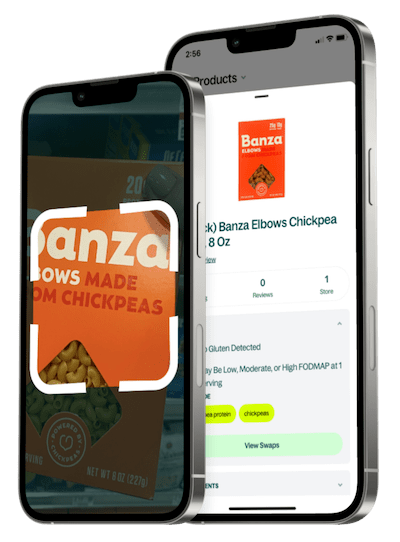Is Similac Alimentum Hypoallergenic For Food Allergies and Colic Infant Formula with Iron Powder Vegetarian?


Ingredients
Corn Maltodextrin (35%), Casein Hydrolysate [Derived from Milk] (18%), Sugar (15%), High Oleic Safflower Oil (10%), Medium-Chain Triglycerides (10%), Soy Oil (8%), Less than 2% of: C. Cohnii Oil, M. Alpina Oil, Calcium Phosphate, DATEM, Potassium Citrate, Xanthan Gum, Magnesium Chloride, Monoglycerides, Ascorbic Acid, Salt, L-Cystine Dihydrochloride, Calcium Carbonate, Potassium Chloride, L-Tyrosine, L-Tryptophan, Choline Chloride, Ferrous Sulfate, Taurine, m-Inositol, Ascorbyl Palmitate, dl-Alpha-Tocopheryl Acetate, Zinc Sulfate, L-Carnitine, Niacinamide, Mixed Tocopherols, Calcium Pantothenate, Cupric Sulfate, Vitamin A Palmitate, Thiamine Chloride Hydrochloride, Riboflavin, Pyridoxine Hydrochloride, Folic Acid, Potassium Iodide, Potassium Hydroxide, Phylloquinone, Biotin, Sodium Selenate, Vitamin D3, Cyanocobalamin
What is a Vegetarian diet?
A vegetarian diet eliminates meat, poultry, and fish but typically includes dairy, eggs, and plant-based foods. People adopt it for ethical, environmental, or health reasons. This diet emphasizes fruits, vegetables, legumes, grains, nuts, and seeds as key nutrient sources. Vegetarians often get protein from eggs, tofu, beans, and lentils. It can offer health benefits such as reduced risk of heart disease and improved weight management, though attention should be given to nutrients like iron, zinc, and vitamin B12. With proper planning, a vegetarian diet can be both nutritionally complete and sustainable.


